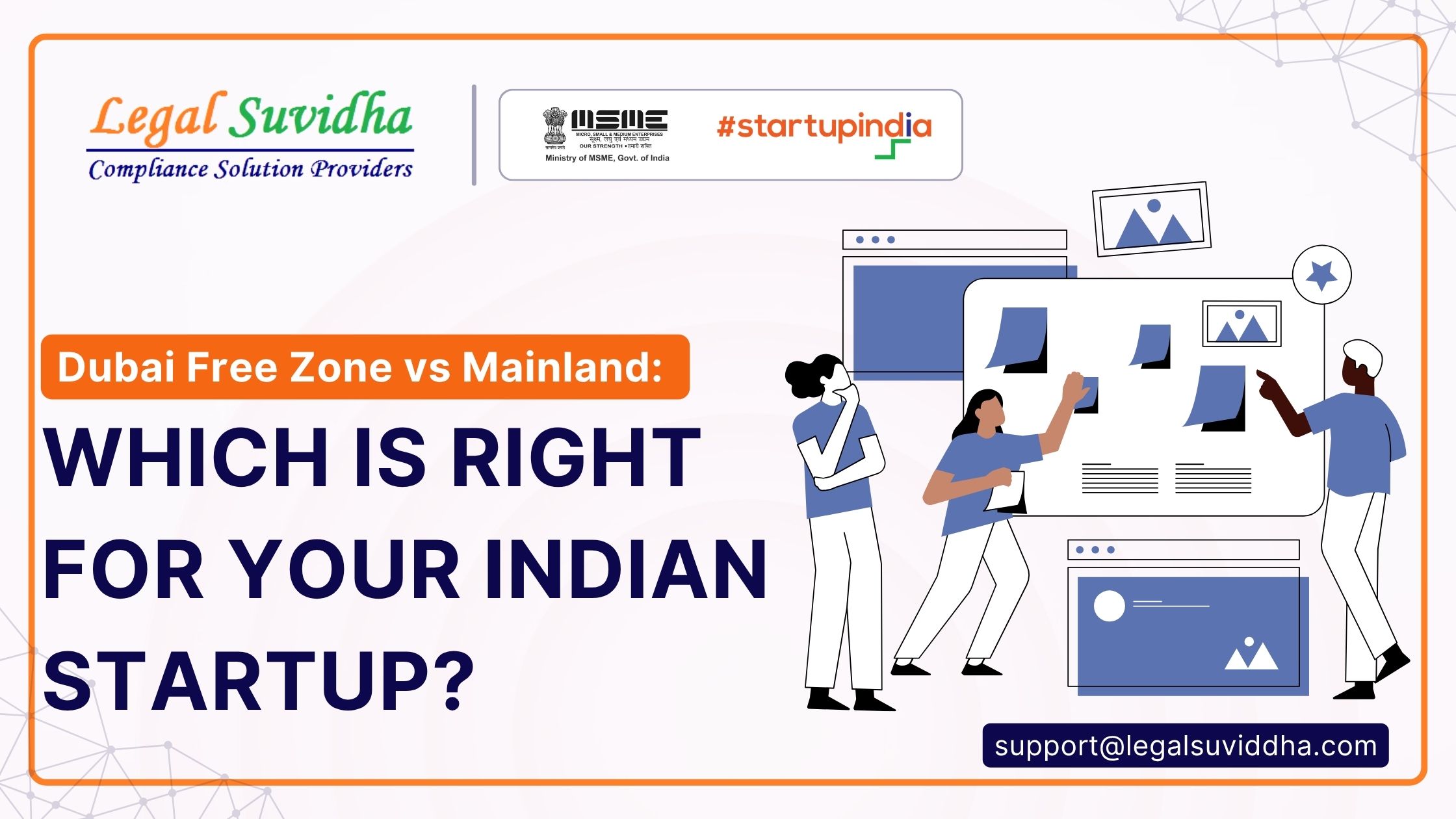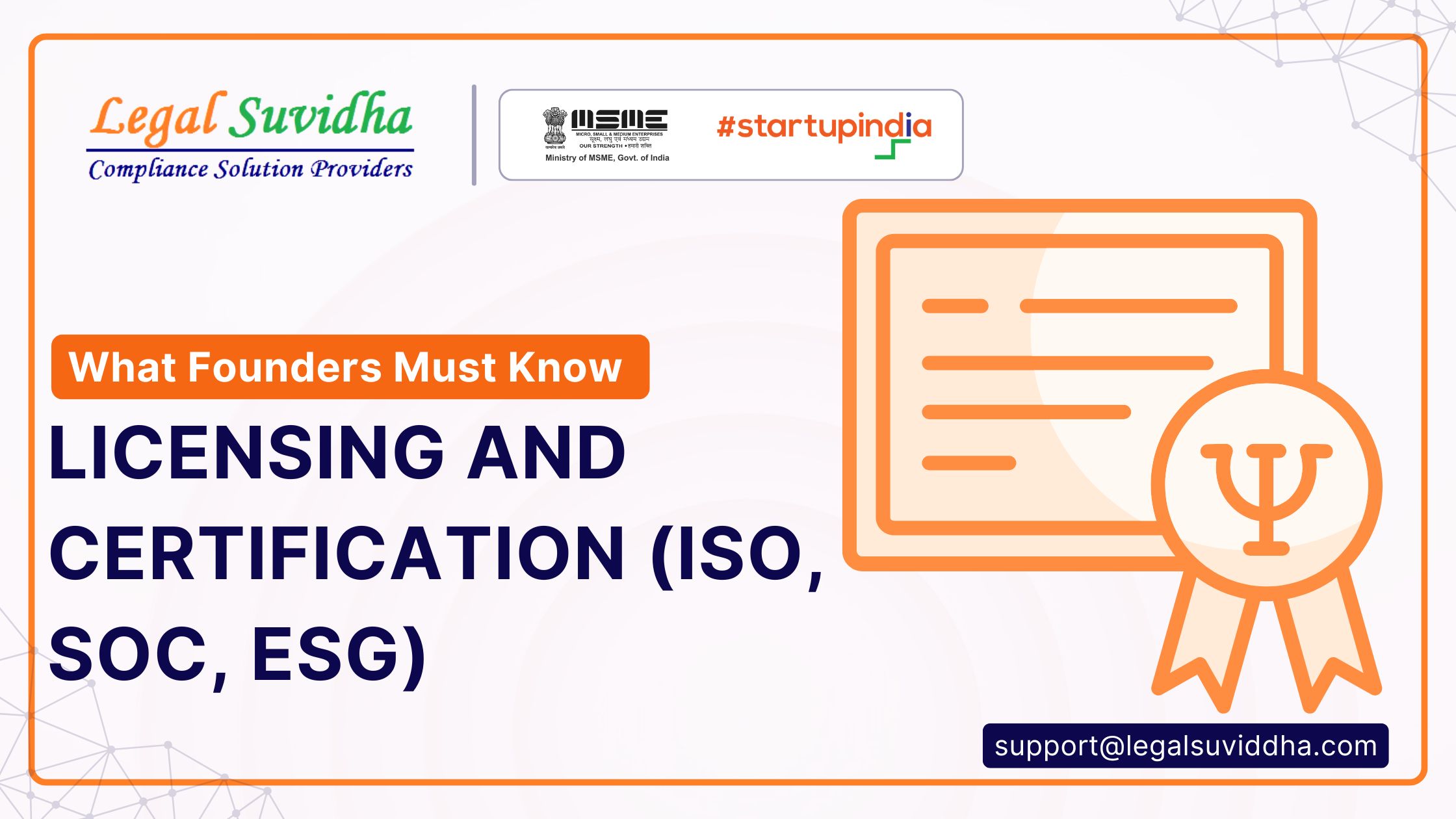In today’s world, many businesses use the Internet to promote their products and services. They do this by placing ads on websites like Facebook, Google, and Instagram. These websites are popular worldwide, and they help businesses reach a lot of people.
But when businesses advertise on these websites, they need to follow certain tax rules. These rules depend on whether these websites have offices in India or not and what kind of services they provide.
Tax Rules for Companies with Offices in India:
If Facebook, Google, or Instagram have offices in India and they send invoices with an Indian PAN (a unique identification number) and address, along with their Indian GSTIN (Goods and Services Tax Identification Number), then the tax rules are similar to what Indian companies follow. These rules come under Section 194C of the Income Tax Act. If the payment for advertising goes over Rs. 30,000 for a single transaction or exceeds Rs. 1,00,000 in total, a tax of 2% needs to be deducted from the payment.
Tax Rules for Companies without Offices in India:
When these websites don’t have offices or companies in India and they’re just providing space for online ads, the rules change. In this case, it’s considered like a service from a foreign company. The tax rule that applies is Section 195 of the Income Tax Act. The tax rate is 20%, or it could be based on the Double Taxation Avoidance Agreement (DTAA) between India and the home country of the foreign company.
Equilisation Levy:
There’s also something called the Equilisation Levy, which is a tax. This tax gets deducted from the payment made by the company that’s ads. To be liable for the Equilisation Levy, two conditions must be met:
1. The payment should be made to a company that’s not in India.
2. The total payment to that company should be more than Rs. 1,00,000 in one year.
- Right now, the rate for the Equilisation Levy is 6% of the total payment.
- Companies need to submit a statement about this tax, called Form-1, by June 30th of the financial year.
- If a company pays this tax late, there’s an extra charge of 1% for each month it’s delayed.
- If the company doesn’t follow these rules, it’s the company’s responsibility to deal with the consequences.
- On top of all this, the company also has to pay GST at a rate of 18% on a reverse charge basis.
Understanding these tax rules is very important for Indian businesses that want to advertise on these global websites. Following these rules not only keeps the company out of trouble but also helps create a good environment for online ads in India.
If You have any queries then connect with us at [email protected] or [email protected] & Contact us & stay updated with our latest blogs & articles








